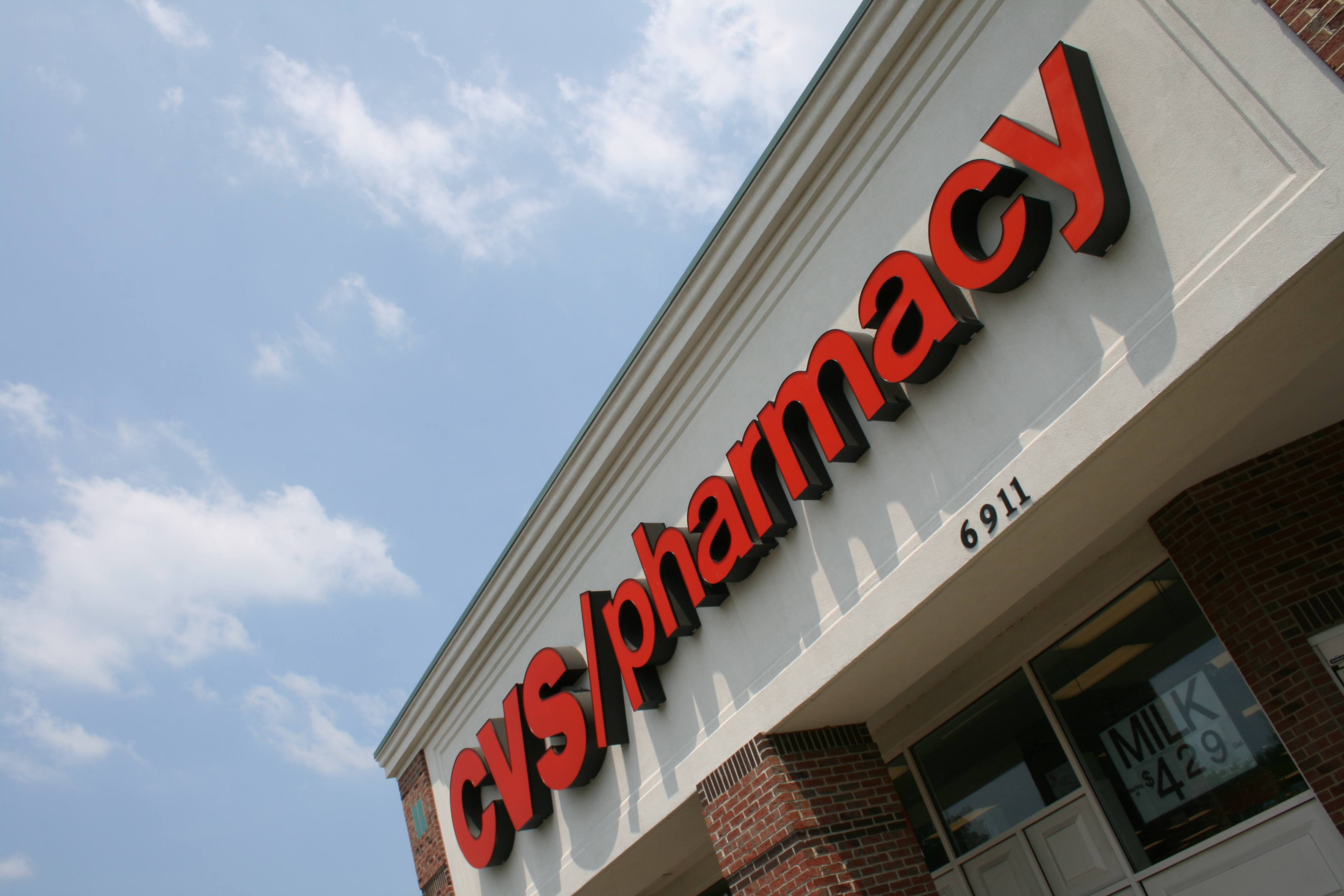“Whenever one person stands up and says, ‘wait a minute, this is wrong,’ it helps other people do the same”
— Gloria Steinem

There’s nothing wrong with a little business competition especially if the competition is to do the most good. In the past few years, we’ve seen large companies like Mars, Ikea, Apple, Chipotle, and even Disney take forward-thinking steps to create change in their industries for the better. Starbucks announced that it will help its 135,000 employees to go college for free. Tesla has taken the lead in transparency by making their secret, patented information public to spark innovation. And my personal favorite is when Apple’s CEO Tim Cook basically told any investors who deny climate change to shove it because Apple’s going full-force ahead into sustainability over the next decade.
A term has emerged from all of these larger companies taking a leadership role and is called the “CVS Effect.” According to Sustainable Brands, it literally translates to “recognizing brands that are doing the right thing, because it’s the right thing to do. The term derives from CVS’s decision to stop selling tobacco.
The initiative of these companies is surely inspirational, but why? Well, for one thing, being more ethical and responsible attracts dedicated and bright talent to their companies. And for millennials, this means they can get the jobs they’re passionate about at companies who (are starting to) give a damn. A 2011 Pew survey had found that Gen Y-ers were more supportive of stricter environmental laws, more likely to attribute global warming to human activity, and more likely to favor environmentally friendly policies such as green energy development and tax incentives for hybrid vehicles.
There has been a multitude of studies that show that millennials want to work for “better” companies. In a study by Net Impact, 53 percent of millennial workers claimed that they want a job where they “can make an impact” and 72 percent of job-searching students agreed. Another study by the large consulting firm, Deloitte, found that sixty-one percent of 18- to 26-year-olds polled said they would prefer to work for a company that offers volunteer opportunities.
And the great thing is that those companies want millennials on their teams. Today, millennials make up about 34 percent of the workforce but in 2020, they’re expected to be almost half the workforce. A market study by public relations firm, Edelman, found that consumers now expect brands to support causes and who better to do that than the millennials that are passionate about those causes. Their experience in monitoring the supply chain, ensuring safe labor and environmental practices are becoming basic business hiring practices for these larger companies.
Once millennials have achieved their dream (responsible) job, they’re more engaged, happier, and more innovative than other employees. In one study by Hewitt Associates, people who were satisfied in their jobs because they believed in what they were doing were found to have 16 percent better overall performance, 125 percent less burnout, and 46 percent more job satisfaction than their peers.
The Washington Post states that “Millennials are shifting the norms of corporate America’s conduct, ethical imperatives, and purpose.” The pressure of consumer demand for corporations to be more responsible and the millennial demand for jobs that do good is pushing larger companies to be more ethical, more environmentally responsible, to consider their stakeholders, and more. These factors are what drive companies like CVS, Apple, and Disney to be the best of the best in their industry.
Of course, we’d like to think it’s because they just want to make the world a better place but in this case, we’ll settle for them making the best choices for their companies.
“CVS Effect” Credit: Claire Sommer, Kayak Media

